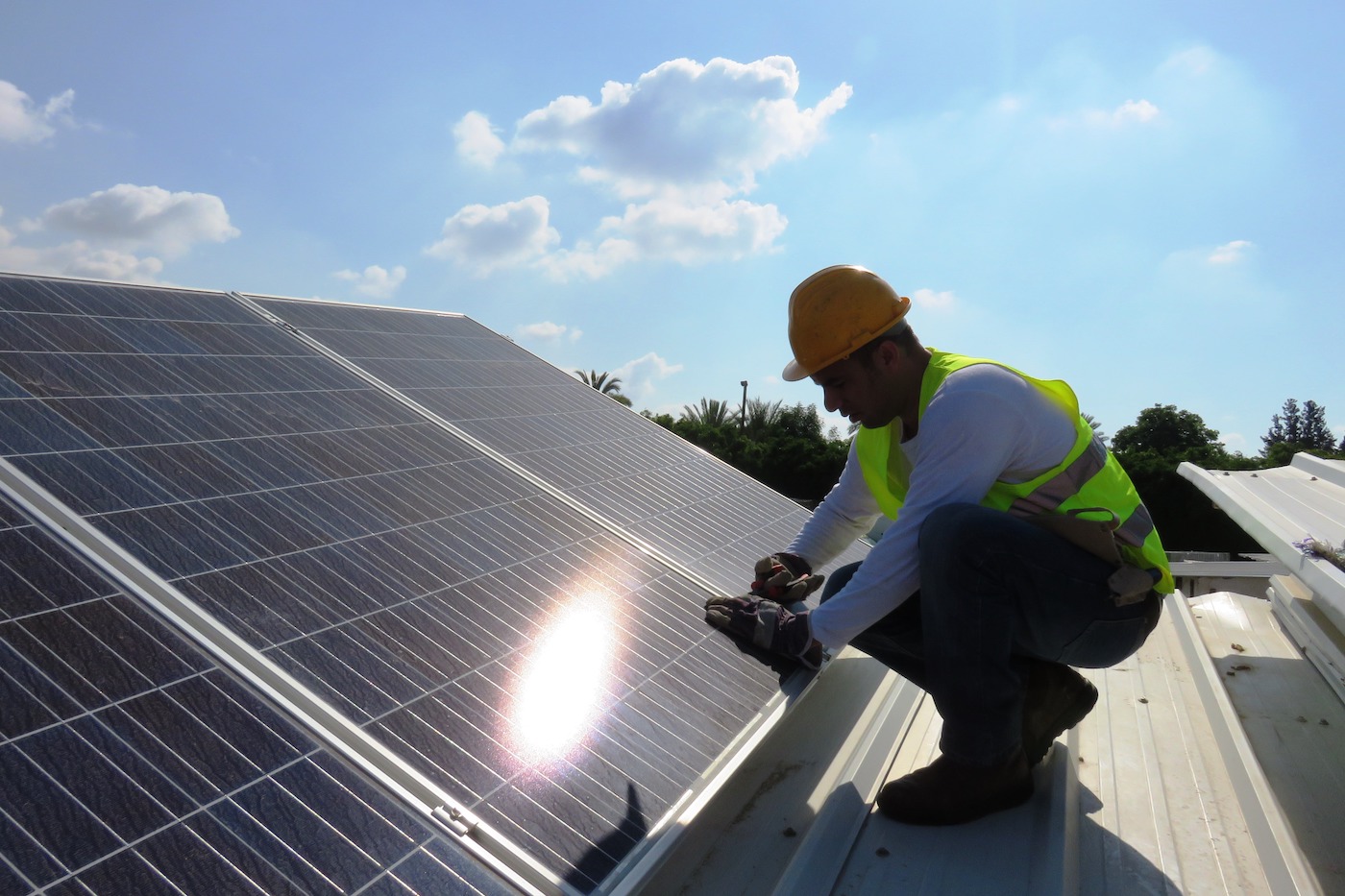Independent energy generators across the UK are urging the government to accelerate its plans for reforming the planning system, warning that many vital projects risk delays unless urgent action is taken.
A new report from leading business energy supplier, npower Business Solutions – Clean power 2030: Harnessing the power of the UK’s independent energy generators – asked more than 350 UK independent energy generators for their views on recent government policies, and what they would like to see in the future.
It revealed that almost one in four (23%) feel that the policy measures announced so far won’t be enough to support the development of independent energy generation projects, which will have a crucial role in the UK hitting its clean power targets by 2030.
The research also outlined the current barriers independent generators believe are stopping more projects coming online. The overwhelming majority (62%) said that planning restrictions are the main barrier, while almost one in five (19%) believed that difficulties associated with securing investment are also a major challenge. Timescales to complete a project were highlighted by one in seven (14%) while a similar number (13%) cited local community concerns about a project.
As a result, the generators surveyed stated the key areas where they would like the government to focus its forthcoming policy decisions. Top of the agenda is reducing the ‘red tape’ around renewables (63%), followed by more finance packages, grants and incentives for investment in energy generation assets (56%) and the development of the Power Purchase Agreement (PPA) market (31%).
Anthony Ainsworth, Chief Operating Officer at npower Business Solutions, commented, “While the moves taken so far by the Department for Energy Security and Net Zero to accelerate the deployment of renewable energy are promising, as we move ever closer to the 2030 clean power target – and the longer-term 2050 net zero target – the government needs to continue to ensure that its policy matches its ambition.
“This research shows that speed is of the essence. We believe that independent generators will play an important role in the UK’s energy future, but this research shows that urgent action needs to be taken if this vital part of the decentralised energy infrastructure can play its part in supporting the UK’s low-carbon transition.”
The research also revealed how an increasing number of commercial customers are now buying their power directly from an independent clean energy source. Two-thirds (67%) of those surveyed said they have seen an increase in business demand to buy power from independent generators over the past two years, with 30% saying this was a significant increase.
In addition, one in five (21%) are already exporting their power to businesses, with the majority (58%) doing so through a fixed Power Purchase Agreement (PPA).
Benefits for businesses included stable pricing that is not impacted by the wholesale energy market (48%), followed by guaranteed clean energy supply (33%), and greater energy security (14%).
Vish Sharma, Head of Power Purchase Agreements at nBS, adds, “As business demand for renewable power increases, decentralised independent generators are playing a crucial role in meeting this demand. That is why it is even more important that policy decisions are aligned so generators get the support they need.
“This research shows that the true power of independent generators can only be unlocked if there is a reduction in policy red tape, a streamlining of planning rules and a removal of some of the barriers to investment, such as making it easier to secure funding for projects.
“Then, we believe we will truly enter the ‘golden age’ for independent energy generators.”
Clean power 2030: Harnessing the power of the UK’s independent energy generators is available to download here.




